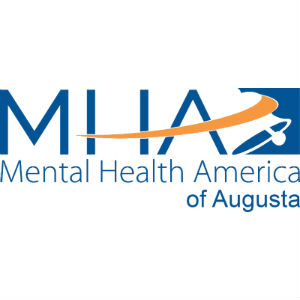
Mental health conditions are considered disabilities when they significantly impair a person’s ability to meaningfully participate in their education.
This new finding comes at a time when college-age students are in a mental health crisis – 87 percent of 18- to 24-year-olds who took a depression screen with Mental Health America in 2021 scored with moderate to severe symptoms of depression.
The report, Supporting College Students: Mental Health and Disability in Higher Education, finds that when attempting to access disability accommodations, students faced staff that were not knowledgeable about psychiatric disabilities, staff with discriminatory beliefs about mental health conditions, an unclear or burdensome documentation process, and, upon completing registration, negative responses or outright refusal of requested accommodations from professors.
“What we heard from students is that the accommodations application process is nearly impossible to complete on some campuses,” said Kelly Davis, Associate Vice President of Peer and Youth Advocacy at MHA, “In addition to barriers with staff and a complicated application process, students are also facing systemic hurdles like inadequate access to health insurance, a mental health provider workforce shortage, lack of diversity among mental health providers, and discrimination in the mental health system. All of these issues only make it harder for students to complete the necessary documentation to obtain accommodations.”
Partially because of these barriers, MHA’s survey found 7 in 10 respondents with mental health diagnoses were not registered for disability accommodations, but only 2 in 10 said they did not want them. In addition, 70 percent of students surveyed said they wanted their college to provide more education on mental health disabilities and accommodations. A third of students surveyed did not know mental health accommodations were available to them in college.
Under the Americans with Disabilities Act and Section 504 of the Rehabilitation Act, students with disabilities have a right to reasonable changes that reduce barriers to their participation, whether online or in person. Some of those accommodations include things like: access to class recordings when a mental health condition prevents a student from attending a lecture, or flexibility in class attendance and assignment due dates.
In order to make higher education more accessible for students with mental health disabilities, the report recommends campuses do the following:
- Partner with students to educate the campus community on mental health disabilities and accommodations.
- Celebrate and educate students on disability culture and contributions through courses in disability studies and at disability cultural centers.
- Partner with students with disabilities to train disability services staff to understand and develop appropriate accommodations.
- Partner with students with disabilities or disability services staff to provide navigation support during the disability accommodations process.
- Create alternatives to medical documentation of mental health disabilities due to structural barriers, like lack of health insurance or lack of diverse mental health professionals, that prevent many students from accessing mental health resources.
- Train professors on mental health disabilities and accommodations, including on how to support students requesting accommodations.
Read the full report here.










